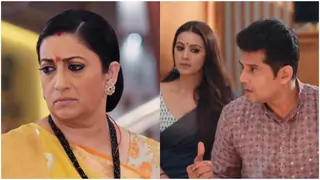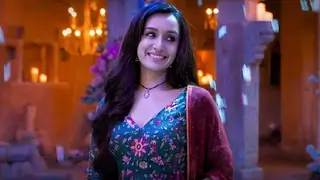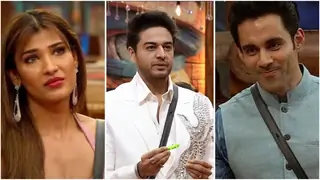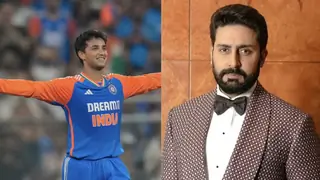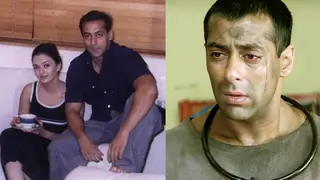Originally posted by: charminggenie
The thing is we are so lost in debating the authenticity of the mythology or playing out the Devil's advocate for these character that we generally get distracted from what MB and BhagawadGeeta truly meant. Hence the relevance to the present context- we need to learn from them about responsible power, envy,jealousy , loyalty , karma and so on. The essence is in thinking and understanding how emotions internalizes us , among other things.
There is no middle ground here where debating the authenticity of mythology, cause either it existed or it did not, and if it did exist then to which extend it's true.
e.g: In the Bhagavad Gita, Krishna explains the nature of soul, he says that atma is neither born nor does it die, it is unborn, everlasting, primeval; It is not killed, though the body is killed.
For the sake of argument: If this be so, then a murder should no longer be considered a crime, it is only an act of liberating the soul from the clutches of the body. If atma is immortal and the body comes to an end sooner or later, does it justify our killing other persons ? It is true that the Kauravas would have died their natural deaths some day, but that could not be a justification for Arjuna to kill them today...













